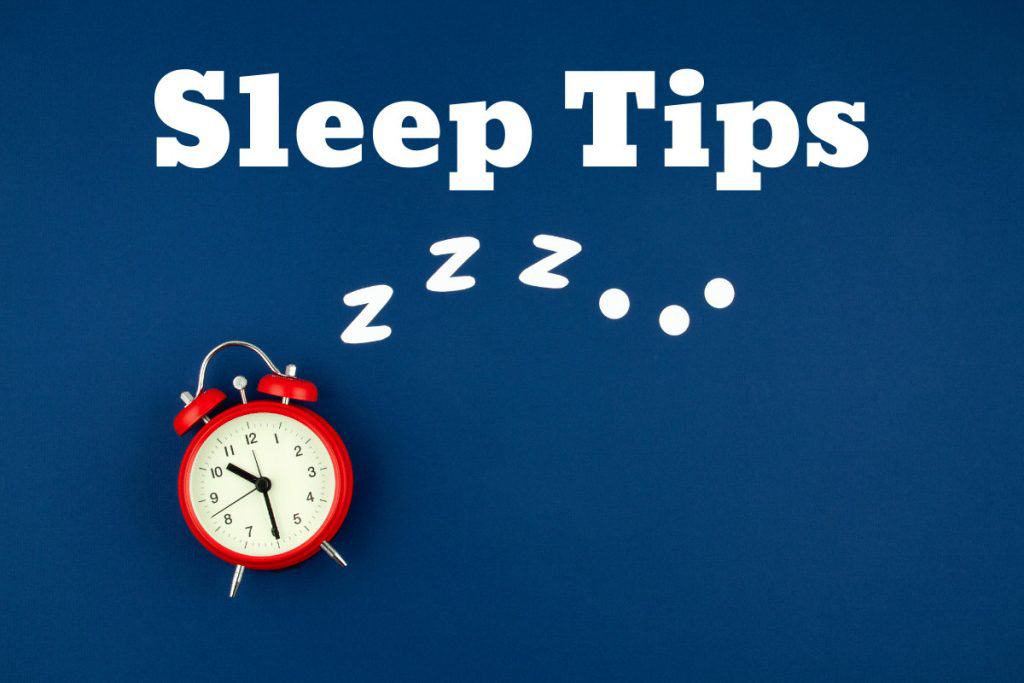CBD & Sleep
“I can get to sleep…but I can’t stay asleep”
“I haven’t slept well in years.”
Aunt Bonnie’s Top Tips for A Better, More Restful Sleep
Give Your Screens a Break at Least 1 Hour Before Bed
Give yourself time to wind down before bed by turning your television off and putting your tablet or phone in a different room to charge for the next day.
By turning off your electronics, you can make sure your circadian rhythm is not disturbed by the blue light on your scree
Stick to Your Reasonable Bedtime, Every Night Even on Weekends
Being consistent improves your sleep, and it helps to become a creature of habit. If you have a reasonable bedtime schedule and stick to it every night, even on the weekends, it can help maintain your natural circadian rhythm. It also helps you rest well and be ready for the next day. By getting used to sleeping at the same time every night, your body will develop a natural body alarm, so you will wake up without needing an alarm clock.
Find Your Ideal Room Temperature
It does not matter how you prefer the temperature in your room. Science and physiology both point out that the best night-time room temperature is 65 degrees Fahrenheit (18 degrees Celsius). A cool room will give you a head start on your body temperature decreasing to initiate sleep.
Trade That Late-Night Glass of Wine for a Sleep Gummy.
You may drink alcohol to help you relax at night and get to sleep, but too much alcohol can rob you of REM sleep. Also, once the alcohol effects have worn off, you may wake up continuously through the night. Aunt Bonnie’s has the best sleep aid, our amazing 33mg Sleep & Relief Full Spectrum Gummies.
“I never sleep more then 2 hours at a time. I’ve been to the doctors with no luck. I took 1 gummy before bed and slept for 5 hours. I was thrilled!”
~Donna, NY
Save Your Large Meals & Heavy Workouts for the Daytime
Your deep sleep takes a hit if you go to the gym or eat food late at night. If your heart rate or metabolism is elevated, it can disrupt your sleep. It is best you avoid heavy workouts and eating meals for 3 hours before bedtime.
Schedule Some Time to Unwind
Make sure you have time to unwind by practicing mindful meditation, taking a bubble bath, or reading a book. This one is easier said than done, but it is good to train your body to enter a relaxed state. The more you practice engaging your rest-and-digest system while you are awake, the easier it will become to generate that same response at night and get a good quality sleep.
Move That Late-Night Espresso to Mid-Day
Caffeine raises your heart rate making it more difficult for you to sleep. The effects of a late afternoon coffee can last a lot longer than you probably think. Caffeine can also disrupt a key signal in your brain, adenosine, which helps your body regulate your internal clocks. Remember soda, chocolate, and tea can include enough caffeine to disrupt your sleep.
Don’t Exercise Late, Exercise Regularly
Go for a walk or run every day to avoid sitting for long periods. Keep your body active throughout the day. Do as little as 30 minutes a day of activities to help you have a good night’s sleep. Also, remember, don’t exercise too late, stick to mornings and afternoons, and make sure you have 3 hours in between your workout and bedtime.
Reserve Your Bedroom for Rest & Recovery
Make your living room the media room, the place where you watch tv, sit on your tablet or phone, and a room for any screens and devices. Taking your television out of your bedroom and leaving your phone charging in a different room can help make sure your environment is only used for sleeping. If you work from home, make sure you have your home office set up in another room like an office or your living room. Your internal sleep clocks respond to these sleep cues and your body will thank you. So, if you can create separation in your home, do it because it will help you a lot and improve your sleep quality.
Naps Are Great for Recovery, At the Right Time of Day
There are good and bad times for a nap, even though they are great for rest and recovery. If you want to take a nap, do it before 3 pm. Naps too close to your bedtime can make it more difficult for you to get to sleep and stay asleep.
Find What Works Best For You
If you are struggling to get a good night’s sleep, try some or all these tips to improve your sleep quality.
Plan a new bedtime routine, see if it helps, and be aware of how your body reacts to the changes.
Remember sleep is different for everyone, and various techniques work differently for each individual person.
Try out a few of these techniques and work out what is best for you and stick to it.









